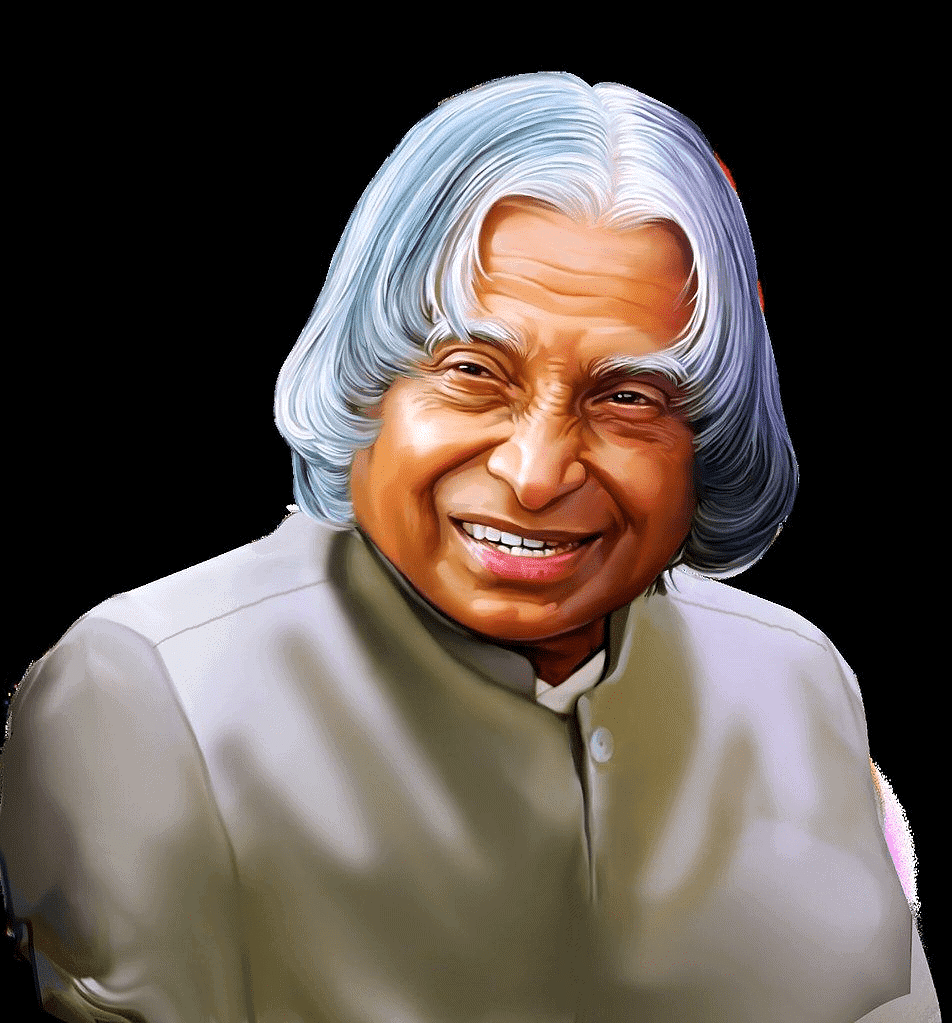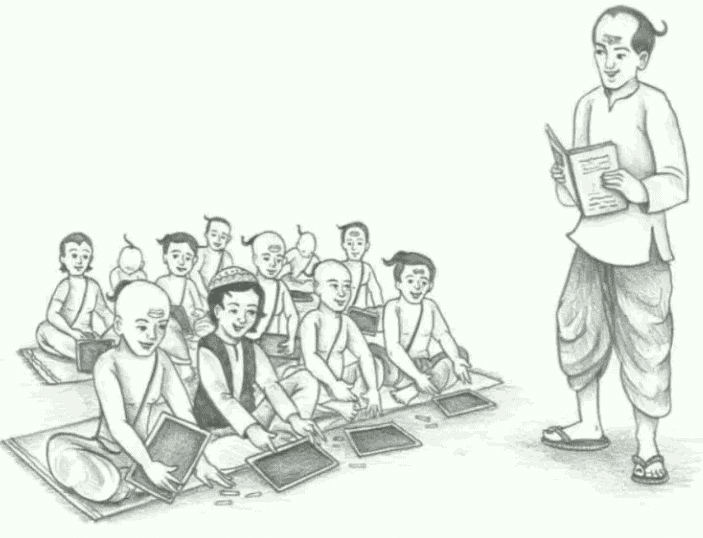Character Sketch:- My Childhood - Class 9 PDF Download
Theme
The theme of “My Childhood” is that our life is shaped by our experiences and the people around us. Kalam’s secure childhood, inspiring parents, supportive friends and honest teachers instilled great values in him that gave him ‘wings of fire’.
Title
Abdul Kalam talks about his childhood days in this autobiographical account. In particular, he talks about some incidents that left an indelible impression on his young mind. He describes his family, his house, his childhood experiences and his childhood friends. Therefore the title “My Childhood” is very apt.
Characters
➢ Abdul Kalam

- A boy of ordinary looks, Abdul Kalam had many sterling qualities right from his childhood. He had immense affection and respect for his parents. He inherited the values of honesty and self-discipline from his father and faith in goodness and deep kindness from his mother.
- Kalam was an enterprising and a hard-working child. He collected tamarind seeds, when they were in demand, and sold them to earn small yet significant amounts. Very confident of himself, he did every piece of work assigned to him with full dedication.
- He helped his cousin to catch bundles from the running trains when the train-halt at Rameswaram was suspended during the Second World War. He was also a sensitive child and learnt valuable lessons from his experiences. He learnt early in life that caste-based segregation is a poison that must not be allowed to thrive. Kalam was also progressive and took the decision at the right time to leave his hometown to study further and grow in life.
➢ Kalam's Parents
- Kalam’s parents, Jainulabdeen and Ashiarruna, were tall and good looking. Though they did not have abundant resources, both of them were very generous and fed a lot of outsiders along with their own family members.
- Practising the values of honesty and self-discipline, they led a simple life which did not have any place for inessential comforts or luxuries. However, Kalam’s father made sure that all basic necessities were provided for him.
- He was very liberal and didn’t believe in thrusting his thoughts on his children. He had a secular approach and contributed fully during the celebration of Hindu festivals like Shri Sita Rama’s Kalyanam ceremony. Kalam’s mother was ideal support to her husband. She had faith in goodness and was a very kindhearted woman.
➢ Sivasubramania Iyer
 Sivasubramania Iyer teaching his students
Sivasubramania Iyer teaching his students
- An orthodox Brahmin, Sivasubramania Iyer, was Kalam’s science teacher in school. He was a very tolerant and broad-minded person. He was a rebel who wished to bring about a transformation in society and was mentally prepared to confront hindrances during this process.
- He faced challenges even from his own family when his wife refused to serve food to Kalam who had been invited by Iyer himself. But, without losing faith in his belief that caste and religion do not segregate people, he served the child himself. Thus, he reformed his wife not by force but by setting an example.
- Iyer was also a dedicated teacher who established a good rapport with his students. He encouraged and inspired them as he taught and spent long hours with them.
➢ Conclusion
Class 9 English, My Childhood focuses on Kalam's determination and how his life changed while he undergoes different encounters in his childhood. A relationship of mentor and disciple is also portrayed beautifully in My Childhood by APJ Abdul Kalam.
FAQs on Character Sketch:- My Childhood - Class 9
| 1. What are the main themes explored in the article "My Childhood"? |  |
| 2. How does the author portray the concept of nostalgia in the article? |  |
| 3. What role does innocence play in the narrative of "My Childhood"? |  |
| 4. How does the article discuss the concept of growth and development? |  |
| 5. What are some of the childhood experiences the author reminisces about in the article? |  |



















